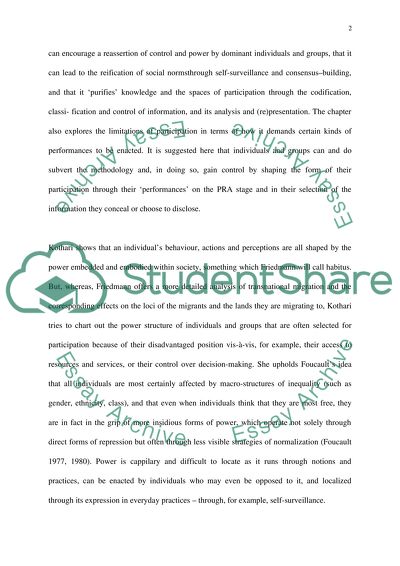Cite this document
(“How Far do they Critically Place the Issue of Marginalization and the Essay”, n.d.)
Retrieved from https://studentshare.org/politics/1518239-essay-comparing-and-contrasting-four-seminar-readings
Retrieved from https://studentshare.org/politics/1518239-essay-comparing-and-contrasting-four-seminar-readings
(How Far Do They Critically Place the Issue of Marginalization and the Essay)
https://studentshare.org/politics/1518239-essay-comparing-and-contrasting-four-seminar-readings.
https://studentshare.org/politics/1518239-essay-comparing-and-contrasting-four-seminar-readings.
“How Far Do They Critically Place the Issue of Marginalization and the Essay”, n.d. https://studentshare.org/politics/1518239-essay-comparing-and-contrasting-four-seminar-readings.


